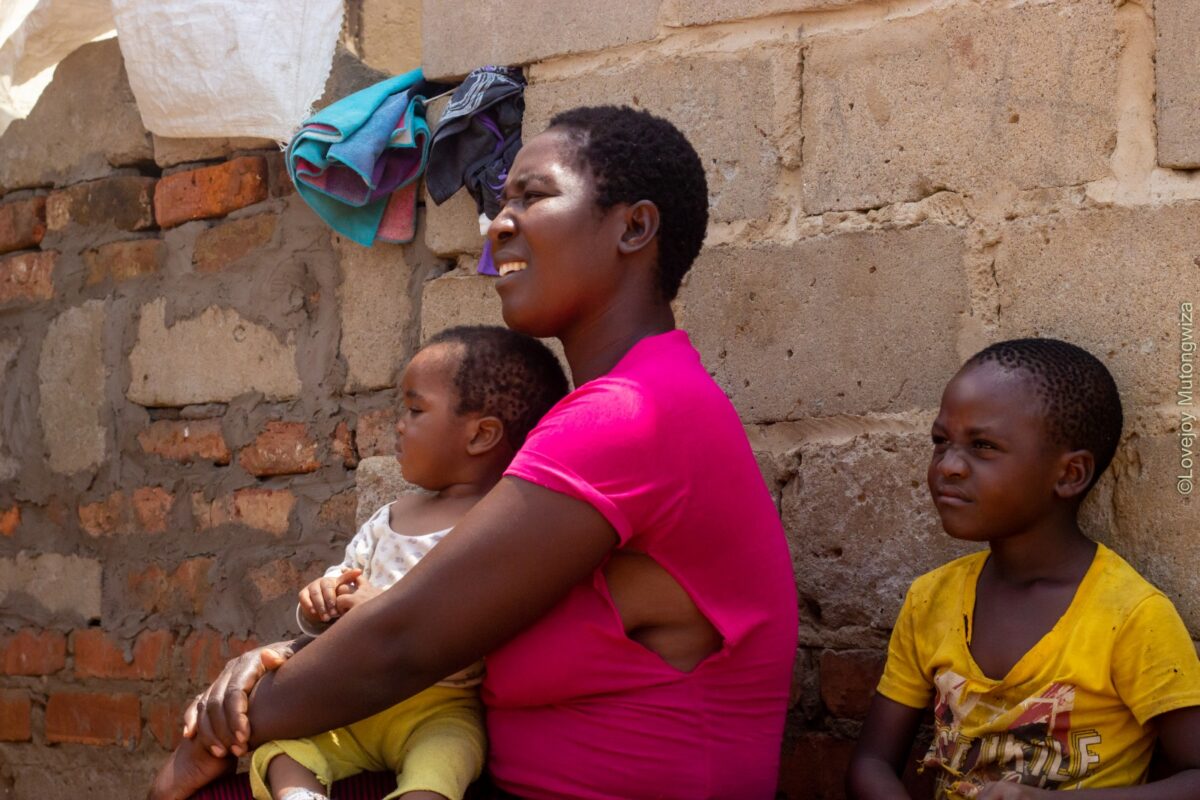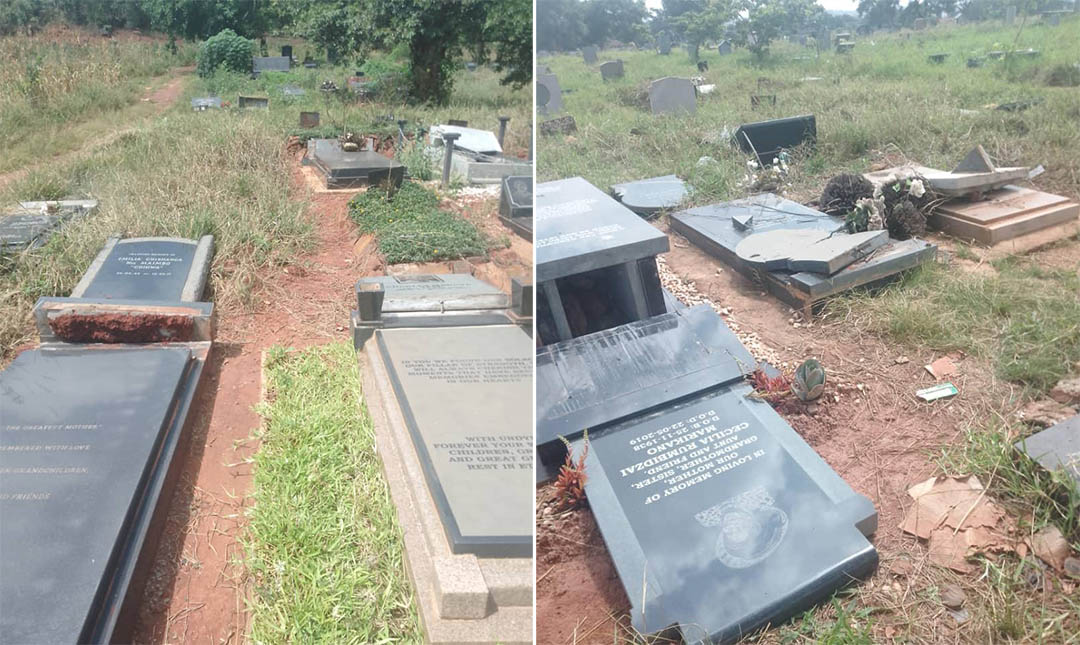BINGA – In the past two decades alone, Zimbabwe has suffered the effects of a harrowing conspiracy of 10 drought seasons and climate change.
As if this was not enough misfortune for many, the Covid-19 pandemic struck in 2020, increasing the toll on many.
Among those living to tell the story is 35-year-olf Elizabeth Mwembe, who has eked out a living at Intale Fishing Camp in Binga.
During a recent media tour to the Matabeleland North area, Mwembe told ZimLive that her family survived from fishing.
She said business has become slow as fish became scarce due to the dire effects of climate changes.
There was also a human-wildlife conflict in their area which resulted in the death of eight people after they were attacked by crocodiles, rhinos and elephants.
As a result of the incidents, people from the fishing camp became reluctant to go out to fish or hunt.
According to Mwembe, most of the money she and her husband made went towards paying fishing licences while only a few dollars would be spared for sustenance.
Covid-19 pandemic brought with it regulations including a lengthy shutdown period, which saw them locked up indoors without food and cash.
“I struggled to feed my children,” Mwembe says while recounting the situation.
“The situation was worse for me because I had just given birth to a child with special needs. Now my child is 3 but is unable to walk, talk or do anything.
“We would stay indoors and could not go to the river to fish. We started sleeping on empty tummies and could not provide basic needs for my family.”
However, while in the middle of her agony, UNICEF and partners weighed in, bringing relief to many disadvantaged families in the area.
The humanitarian agency unrolled the Emergency Social Cash Transfer (ESCT) together with the Ministry of Public Service, Labour and Social Welfare and World Vision with financial support from the Government of Germany through the Kreditanstalt fur Wiederaufbau (KfW) Development Bank.
“The programme changed my life. Because our fish business was down, we were no longer able to send our children to school.
“I would receive US$48 monthly allowance and was now able to send my children to school and put food on table.
“It also became an advantage for me because I stopped going to the river and managed to spend time with my child who needs special attention,” said Mwembe.
Deputy Director Family and Social Protection, in the Ministry of Public Service, Labour and Social Welfare Joseph Tirivavi said the ESCT was meant to cushion vulnerable groups and households that had lost their sources of income during Covid-19.
“It targeted vulnerable households which are food poor, labour constrained households which are households with no person aged 19 to 59 years of age who is able bodied to do productive work so as to fend for the household,” he said.
A total of 25,000 households and 113,000 individuals have benefited from the programme.
In Lupane, the programme supported 394 households while there were 637 households benefiting in Binga.
Another beneficiary, Georgina Siamwana, 68, also from Intale Fishing Camp in Binga echoed Mwembe’s sentiments.
Under the programme, she received US$39 monthly entitlements for three members.
“I used the money to buy food supplements for my grandchild. Now she looks healthy and nourished and I’m happy with that,” she said.
Soneni Ncube, 36, from Lupane started a business using the money and is now able to sustain her family.
“I now own a flea market and I started the business using the money I received under the ESCT.
“I also look after my late sister’s children, something I could not afford before the programme was introduced,” she said.
However, the programme has now been temporarily halted and going through last transition phases for continued support under the government Harmonised Social Cash Transfer (HSCT) programme.
This has left many families struggling as the social net is no longer available.
Rumbidzai Muvengwa, 32, also from Lupane and a beneficiary, said the adjournment has brought many challenges in her life.
She was recently thrown out of her rented apartment after failing to pay rentals and stayed in a bush for over a month with her five children until a Good Samaritan offered her space in her unfinished house without a roof.
“Now life has become tough. After the project was withdrawn, I was thrown out of my rented house.
“To make matters worse, my husband ran away and only realised I was carrying our fifth child when he was gone.
“I now survive from rubbish dumps where my children spend their day scavenging for food while others will be at school.
“I pray that the programme resumes because I’m failing to make ends meet. The programme worked well for me,” she said.
Andrew Kardan, UNICEF Zimbabwe Social Policy manager made assurances the programme will be reinstated.
He said they were impressed with its impact on vulnerable communities and would help move it forward.
“We are happy to note that the programme had good outcomes and from the benefits received, some households went beyond buying food and supported their children’s education through paying school fees; some also used the money received to pay for medical bills.
“We also witnessed some good initiatives from some benefiting households saving some of their benefits to start up livelihood projects through Mukando which is very commendable.”
He said the ESCT programme in 2023 is extending to five rural districts of Mudzi Rushinga Makoni Binga and Mangwe supporting the government to re-target beneficiaries under the HSCT programme and giving them cash transfer for 6 months before they are handed over to government for continued support.
















